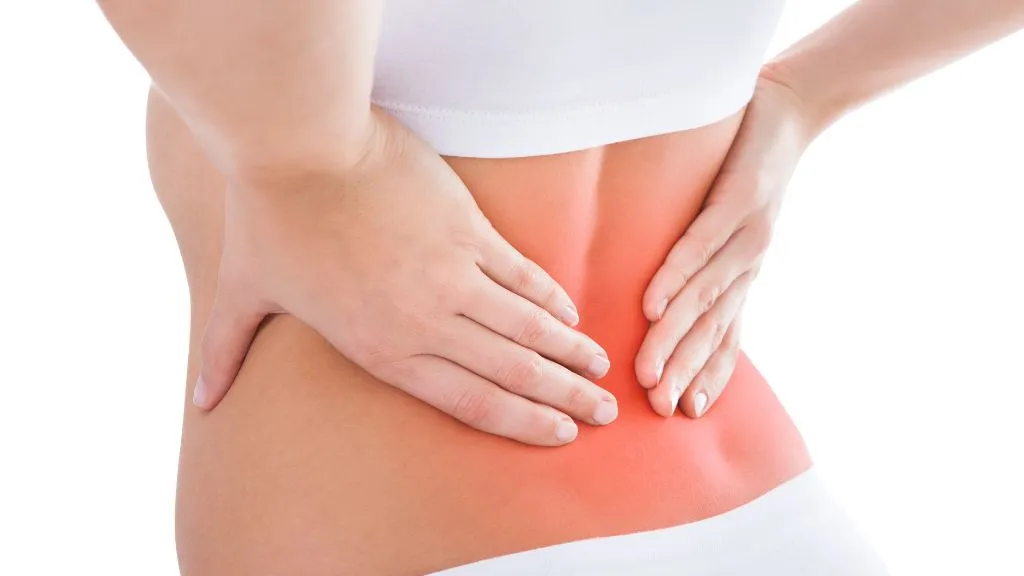Unraveling the Mystery: Understanding the Root Causes of Back Pain
Back pain is a common and often perplexing issue. This comprehensive guide unravels the mystery of back pain by shedding light on its root causes, providing a deeper understanding of this prevalent problem.
The Universal Challenge of Back Pain
Back pain knows no boundaries, affecting people regardless of age, gender, or occupation. It’s a problem that many individuals encounter during their lives. A deeper understanding of the multifaceted and often interrelated root causes of back pain is essential for finding effective solutions and relief.
Muscular and Mechanical Factors
Muscular and mechanical factors constitute one of the primary categories of back pain causes. These causes often involve strain or injury to muscles, ligaments, or discs in the back. Common causes include:
- Muscle Strain: Overexertion or sudden movement can lead to muscle strains, resulting in localized pain.
- Herniated Disc: A herniated or bulging disc can put pressure on spinal nerves, causing pain that may radiate down the legs.
- Poor Posture: Maintaining improper posture over time can strain back muscles and lead to chronic pain.
Table 1: Muscular and Mechanical Factors
| Cause | Description |
|---|---|
| Muscle Strain | Results from overexertion or sudden movement. |
| Herniated Disc | Pressure on spinal nerves from a bulging disc. |
| Poor Posture | Strain on back muscles due to improper posture. |

Lifestyle and Habits
Lifestyle and habits play a significant role in the development of back pain. The way we live, work, and engage in daily activities can contribute to this issue. Common root causes include:
- Sedentary Lifestyle: Prolonged sitting and a lack of physical activity can weaken back muscles and lead to discomfort.
- Heavy Lifting: Incorrect lifting techniques can strain the back and result in acute pain.
- Smoking: Smoking reduces blood flow to the spine, which can impair the healing process of back-related injuries.
Table 2: Lifestyle and Habits Factors
| Cause | Description |
|---|---|
| Sedentary Lifestyle | Weakens back muscles from prolonged sitting. |
| Heavy Lifting | Strains the back due to incorrect lifting. |
| Smoking | Reduces blood flow to the spine, impairing healing. |
Medical Conditions
Certain medical conditions can be at the root of chronic back pain. Identifying and managing these conditions is key to alleviating the associated discomfort. Some common root causes include:
- Arthritis: Osteoarthritis, rheumatoid arthritis, and other forms of arthritis can cause inflammation and pain in the back.
- Spinal Stenosis: This condition results in the narrowing of the spinal canal, which can lead to nerve compression and back pain.
- Fibromyalgia: This chronic pain disorder often manifests with back pain as a primary symptom.
Table 3: Medical Conditions Factors
| Cause | Description |
|---|---|
| Arthritis | Inflammation and pain in the back. |
| Spinal Stenosis | Narrowing of the spinal canal, leading to nerve compression. |
| Fibromyalgia | Chronic pain disorder with back pain as a primary symptom. |
Trauma and Injuries
Acute injuries and trauma to the back can lead to sudden and severe pain. Understanding these root causes is crucial for proper diagnosis and treatment. Common causes include:
- Accidents: Car accidents, falls, and sports injuries can result in back trauma.
- Fractures: Bone fractures in the spine can cause intense pain and require immediate medical attention.
- Sprains and Strains: Overexertion or sudden movements can result in sprained ligaments and strained muscles.
Table 4: Trauma and Injuries Factors
| Cause | Description |
|---|---|
| Accidents | Result in back trauma from falls, car accidents, etc. |
| Fractures | Bone fractures in the spine, causing intense pain. |
| Sprains and Strains | Overexertion leading to ligament and muscle injuries. |
Conclusion
Back pain is a complex issue with a range of potential root causes, often intertwined. This comprehensive guide has illuminated some of the most common factors contributing to back pain. Understanding these root causes is the first step towards effective treatment, management, and prevention. Whether your back pain is related to muscular strain, lifestyle factors, medical conditions, or trauma, seeking professional advice and adopting a holistic approach to back health can make a significant difference in your quality of life.




